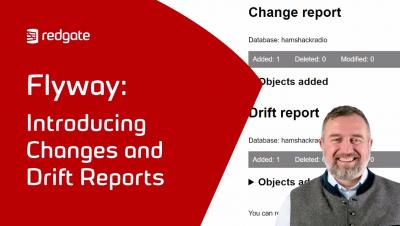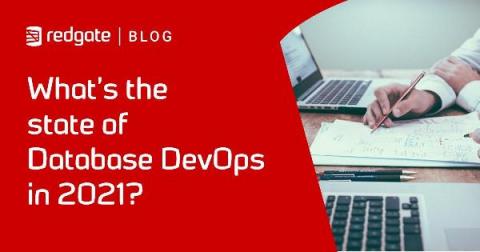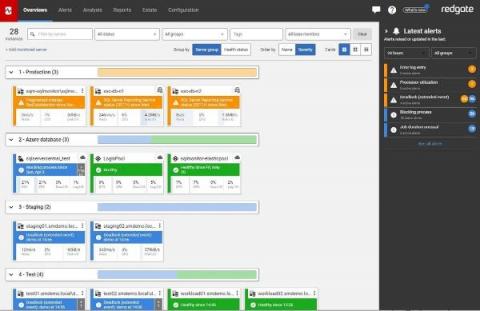DevOps 101: Unlocking the value of frequent deployments
In this DevOps 101 series, I introduce the concept of DevOps and talk about how you can include the database as a natural partner. In the previous post in the series, I discussed how automation introduces faster and more frequent deployments as a key benefit. We’re now going to take a deep dive into the value you can unlock through frequent deployments using database DevOps, along with how you get started doing them.











